Table of Contents
Quality Service Guarantee Or Painting Free

Get a rental agreement with doorstep delivery

Find the BEST deals and get unbelievable DISCOUNTS directly from builders!

5-Star rated painters, premium paints and services at the BEST PRICES!
Loved what you read? Share it with others!
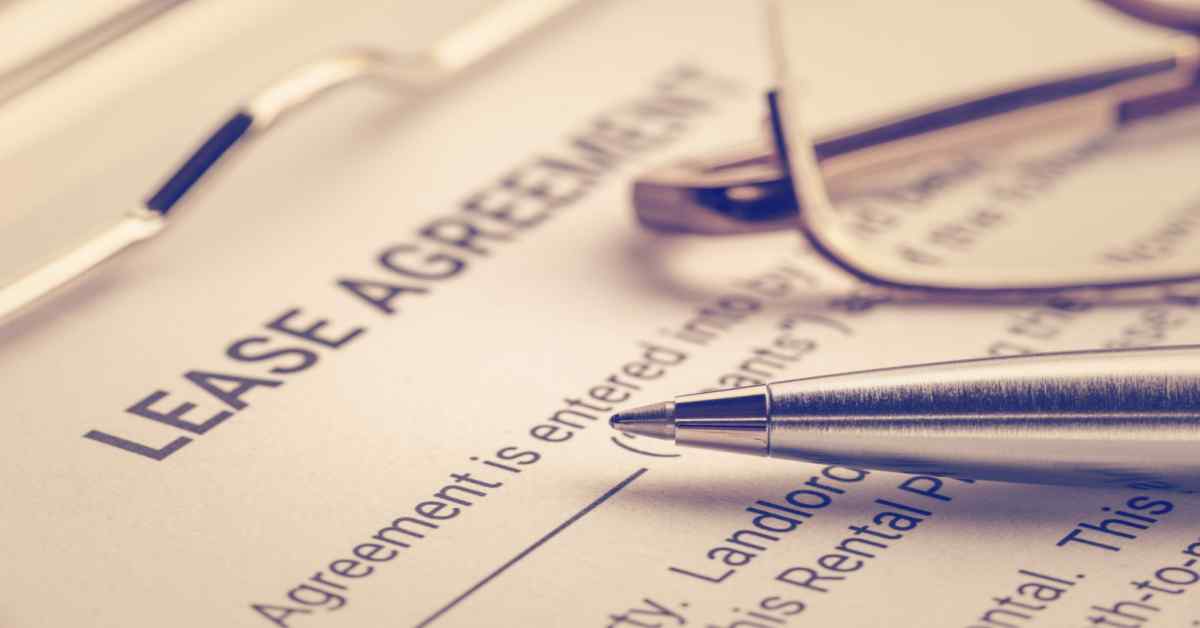
Lessor and Lessee Rights and Liabilities in Property Leasing Law
Table of Contents
Wondering what are the rights and liabilities of the lessor and lessee in an agreement contract? Understanding the roles of the lessor and lessee is fundamental to navigating the legal and financial aspects of a lease agreement. The rights and obligations of each party are crucial components that shape the dynamics of the landlord-tenant relationship. Let’s take a look at the rights and liabilities of lessor and lessee in India.
What is a Lease Agreement?
A lease is a legal agreement between two parties, known as the lessor and lessee, that grants the lessee the right to use a property owned or managed by the lessor for a specified period in exchange for periodic payments, often referred to as rent. This contractual arrangement outlines the terms and conditions under which the lessee can occupy and utilise the property, including any restrictions, obligations, and rights that both parties must adhere to during the lease term.
A lease typically includes details such as the duration of the lease, the amount and frequency of rent payments, responsibilities for property maintenance, and any specific provisions related to the permitted use of the premises. The purpose of a lease is to establish a legal framework that governs the relationship between the lessor and lessee, providing clarity on their respective rights and obligations throughout the lease term. Leases are commonly utilised for various types of real estate, including residential, commercial, and industrial properties.
Quality Service Guarantee Or Painting Free

Get a rental agreement with doorstep delivery

Find the BEST deals and get unbelievable DISCOUNTS directly from builders!

5-Star rated painters, premium paints and services at the BEST PRICES!
Who is a Lessor and Lessee?
What is meant by the term Lessor?
In the context of a lease agreement, the lessor refers to the property owner or entity that grants the right to use and occupy the property to another party, known as the lessee. The lessor retains ownership of the property but transfers certain usage rights to the lessee for a specified period, subject to the terms outlined in the lease agreement. The lessor is entitled to receive rent payments from the lessee in exchange for granting these rights.
What is meant by the term Lessee?
The lessee is the party that acquires the right to use and occupy a property owned or managed by the lessor. In return for this right, the lessee agrees to make periodic rent payments to the lessor. The lessee may be an individual, a business, or another legal entity. Throughout the lease term, the lessee is obligated to adhere to the terms and conditions specified in the lease agreement, including any restrictions on the use of the property and responsibilities for maintenance.
Rights and Liabilities of a Lessor and Lessee
In a lease agreement, both the lessor and lessee have distinct rights and liabilities that govern their interactions. These rights and liabilities help establish a balanced and mutually beneficial relationship between the property owner and the tenant. Let's explore these aspects in detail.
Rights and Liabilities of a Lessor
- Right to Receive Rent: The primary right of a lessor is to receive regular rent payments from the lessee. The lease agreement specifies the amount of rent, the frequency of payments, and the due dates.
- Right to Inspect: In many lease agreements, lessors have the right to inspect the leased property to ensure that it is being used properly and is being maintained in good condition.
- Right to Terminate the Lease: Lessors may have the right to terminate the lease under certain conditions, such as non-payment of rent, violation of lease terms, or other breaches of the agreement.
- Right to Determine Lease Terms: Lessors generally have the right to specify the terms of the lease, including the duration, renewal options, and any conditions or restrictions on the use of the property.
- Right to Receive Security Deposit: Many lessors require lessees to provide a security deposit. The lessor has the right to hold and use this deposit to cover unpaid rent or damages to the property beyond normal wear and tear.
- Right to Maintain and Repair: Depending on the lease terms, lessors may have the right to perform necessary maintenance and repairs on the property, with the cost often borne by the lessee.
- Right to Evict: In cases of serious breaches of the lease agreement, such as non-payment of rent or illegal activities on the premises, the lessor may have the right to initiate eviction proceedings.
- Right to Enforce Lease Terms: Lessors have the right to enforce the terms and conditions outlined in the lease agreement, including any rules or restrictions related to the use of the property.
Liabilities of a Lessor
- Maintenance and Repairs: In many lease agreements, lessors are responsible for ensuring that the leased property is maintained in a habitable and safe condition. This includes handling necessary repairs to keep the property in good working order.
- Compliance with Laws: Lessors have a liability to comply with all relevant laws and regulations that pertain to the leased property. This may include building codes, zoning regulations, and health and safety standards.
- Implied Warranty of Habitability: In residential leases, lessors often have an implied warranty of habitability, meaning they are responsible for providing a property that is fit for living. This includes ensuring that the property meets basic health and safety standards.
- Delivery of Possession: Lessors have a liability to deliver possession of the leased property to the lessee as agreed upon in the lease agreement. They must make the property available for the lessee's use within the specified time frame.
- Security Deposit Handling: If the lessor collects a security deposit, they have a responsibility to handle it appropriately. This includes returning the deposit to the lessee at the end of the lease term, minus any valid deductions for unpaid rent or damages.
- Compliance with Lease Terms: Lessors have a liability to adhere to the terms and conditions outlined in the lease agreement. This includes respecting the agreed-upon rent amount, lease duration, and any other provisions specified in the contract.
- Quiet Enjoyment: Lessors have a responsibility to ensure that the lessee can enjoy the use of the property without interference. They should not disrupt the lessee's peaceful enjoyment of the premises.
- Resolving Disputes: In the event of disputes or conflicts between the lessor and lessee, the lessor may have a responsibility to engage in good faith efforts to resolve the issues, possibly through negotiation or mediation.
- Disclosures: Lessors may have a liability to disclose certain information about the property, such as known defects or environmental hazards, as required by law.
Rights and Liabilities of a Lessee
Rights of a Lessee
- Right to Possession: The lessee has the right to take possession of and use the leased property according to the terms specified in the lease agreement.
- Right to Quiet Enjoyment: Lessees have the right to peacefully and undisturbedly enjoy the use of the leased property without interference from the lessor or others.
- Right to Privacy: Lessees have a right to privacy within the leased premises, and lessors typically need permission or proper notice to enter the property for inspections or other reasons.
- Right to Habitability: Residential lessees have the right to occupy a property that meets basic health and safety standards. The lessor is usually responsible for maintaining habitable conditions.
- Right to Receive Services and Amenities: If specified in the lease agreement, lessees have the right to receive certain services or amenities, such as utilities, maintenance, or other agreed-upon benefits.
- Right to Renew or Extend Lease: If the lease agreement allows, lessees may have the right to renew or extend the lease for an additional term.
- Right to Notice Before Termination: Lessees typically have the right to receive advance notice before the lessor terminates the lease, allowing them time to find alternative arrangements.
- Right to a Return of Security Deposit: At the end of the lease term, lessees have the right to the return of their security deposit, minus any legitimate deductions for unpaid rent or damages beyond normal wear and tear.
- Right to Redress Grievances: Lessees have the right to address and seek redress for grievances, such as maintenance issues or disputes, through legal means or mechanisms defined in the lease agreement.
- Right to Fair Housing: Lessees have the right to be treated fairly and equally in accordance with fair housing laws, which prohibit discrimination based on factors such as race, colour, religion, sex, national origin, disability, or familial status.
- Right to Sublease or Assign: Depending on the terms of the lease, lessees may have the right to sublease the property or assign the lease to another party with the lessor's consent.
Liabilities of a Lessee
- Payment of Rent: One of the primary responsibilities of a lessee is to pay rent in accordance with the terms specified in the lease agreement. Failure to pay rent on time may lead to penalties or eviction.
- Maintenance and Care of the Property: Lessees are often responsible for maintaining the leased property in good condition. This includes routine cleaning, minor repairs, and ensuring that the property is not damaged beyond normal wear and tear.
- Compliance with Lease Terms: Lessees are obligated to comply with all the terms and conditions outlined in the lease agreement. This includes rules about use, subleasing, and any other provisions specified in the contract.
- Respecting Property Rules and Regulations: If the property is part of a larger complex or community with rules and regulations, the lessee is typically responsible for adhering to these rules to maintain a harmonious living environment.
- Proper Use of the Property: Lessees are responsible for using the leased property for its intended purpose and in a lawful manner. Engaging in illegal activities on the premises can lead to legal consequences.
- Notification of Repairs and Issues: Lessees are generally required to promptly notify the lessor of any necessary repairs or maintenance issues. Failure to report problems may result in the lessee being held responsible for exacerbating the damages.
- Returning the Property in Good Condition: At the end of the lease term, lessees are typically required to return the property in good condition, allowing for normal wear and tear. Excessive damage may lead to deductions from the security deposit.
- Payment of Utilities and Services: Depending on the lease agreement, lessees may be responsible for paying utilities, such as water, electricity, and gas, as well as any other specified services.
- Security Deposit and Damages: Lessees often provide a security deposit at the beginning of the lease. They are responsible for any damages beyond normal wear and tear, and the lessor may deduct the cost of repairs from the security deposit.
- Compliance with Laws: Lessees are generally required to comply with all applicable laws and regulations while residing on the leased property.
Know More About the Rights and Responsibilities of a Lessor and Lessee in India with NoBroker
Keep in mind that rental laws and regulations in India may be subject to changes, so staying informed about any updates is crucial. Learn about the rights and responsibilities of a Lessor and Lessee in India with NoBroker experts. Consult with legal professionals for guidance tailored to your specific situation and location.

FAQ's
The key rights of a lessor in India include the right to receive rent, inspect the property, receive a security deposit, and terminate the lease under specific conditions. The lessor also has the right to maintain the property and ensure it is in a habitable condition.
The primary rights of a lessee in India include the right to quiet enjoyment, privacy within the leased premises, and the right to receive services or amenities as agreed upon in the lease. Tenants also have the right to receive notice before lease termination and a return of the security deposit at the end of the lease.
Lessors in India are generally responsible for maintaining the property in a habitable condition and handling major repairs. They need to ensure that the property meets basic health and safety standards.
Lessees in India are typically responsible for routine cleaning, minor maintenance, and reporting significant issues to the lessor. They are expected to use the property responsibly and not cause excessive damage.
Yes, a lessor in India can terminate a lease under certain conditions, such as non-payment of rent, violation of lease terms, or other breaches of the agreement. However, specific termination procedures and notice periods may be outlined in the lease agreement and are subject to local laws.
Recommended Reading
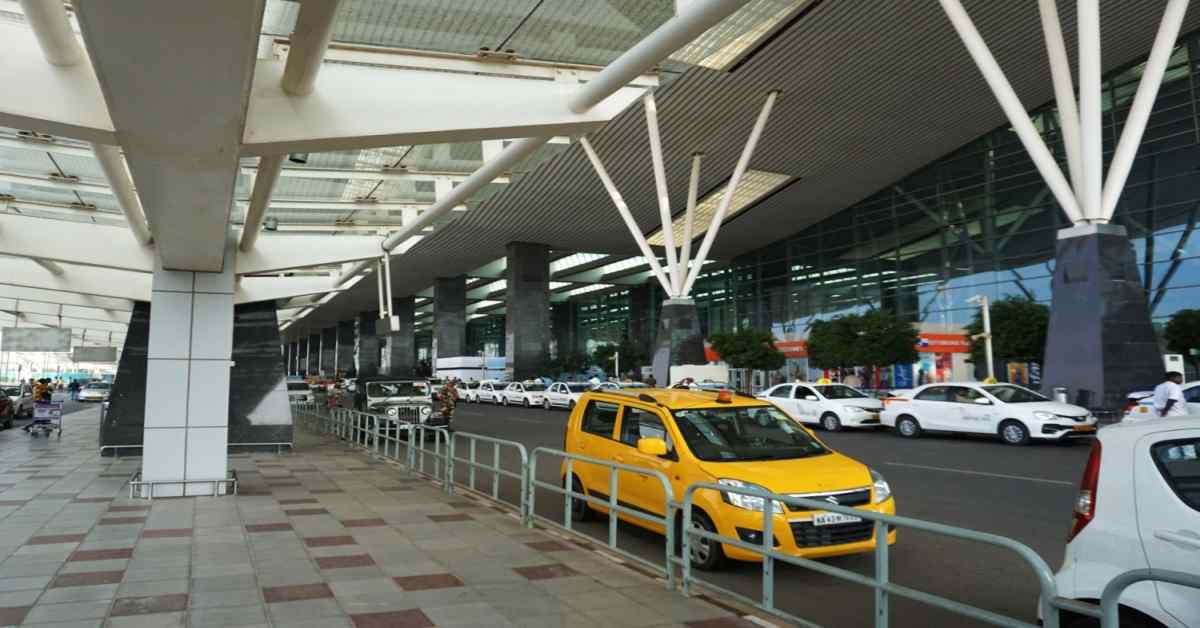
Car Parking Charges at Bangalore Airport: Updated Rates and Duration
May 31, 2025
144892+ views
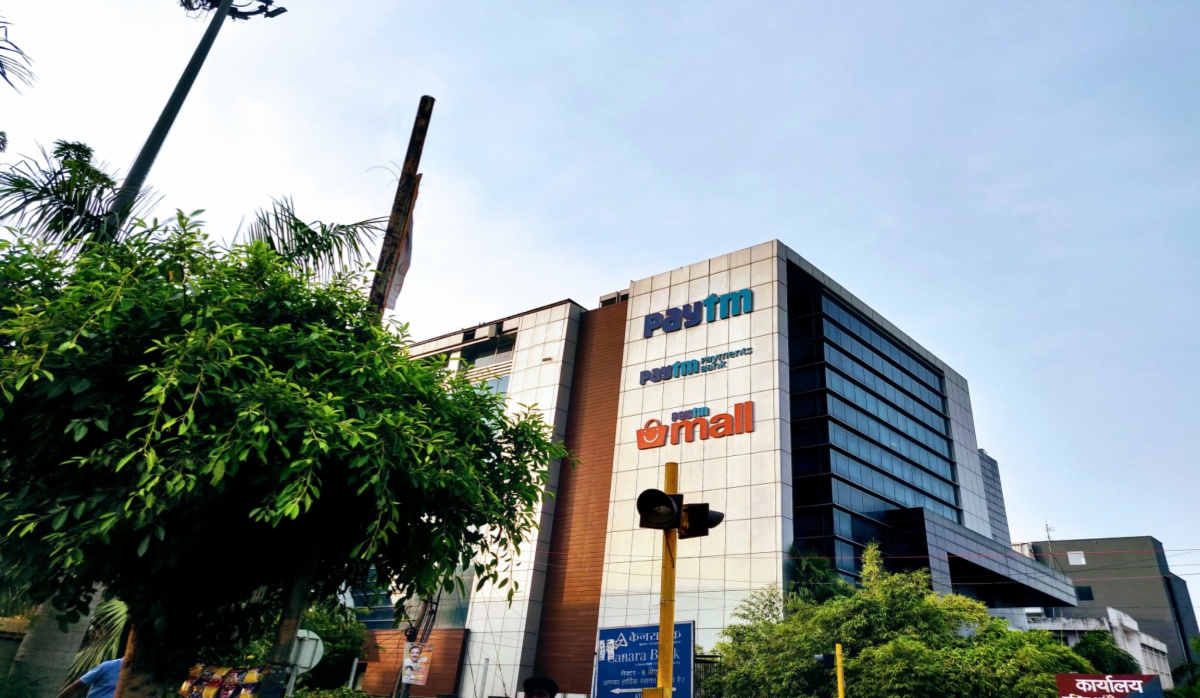
20 Best IT Companies in Noida: Address, Location, and Best Nearby Localities to Live in 2025
March 13, 2025
54843+ views

List of 15 IT Companies in Bangalore: Top Leading Companies and Nearby Localities to Live in 2025
May 1, 2025
36975+ views

Top 5 IT Parks in Bangalore in 2025
January 7, 2025
23152+ views

Top 10 IT Companies in Hyderabad
January 15, 2025
22691+ views
Loved what you read? Share it with others!
Most Viewed Articles
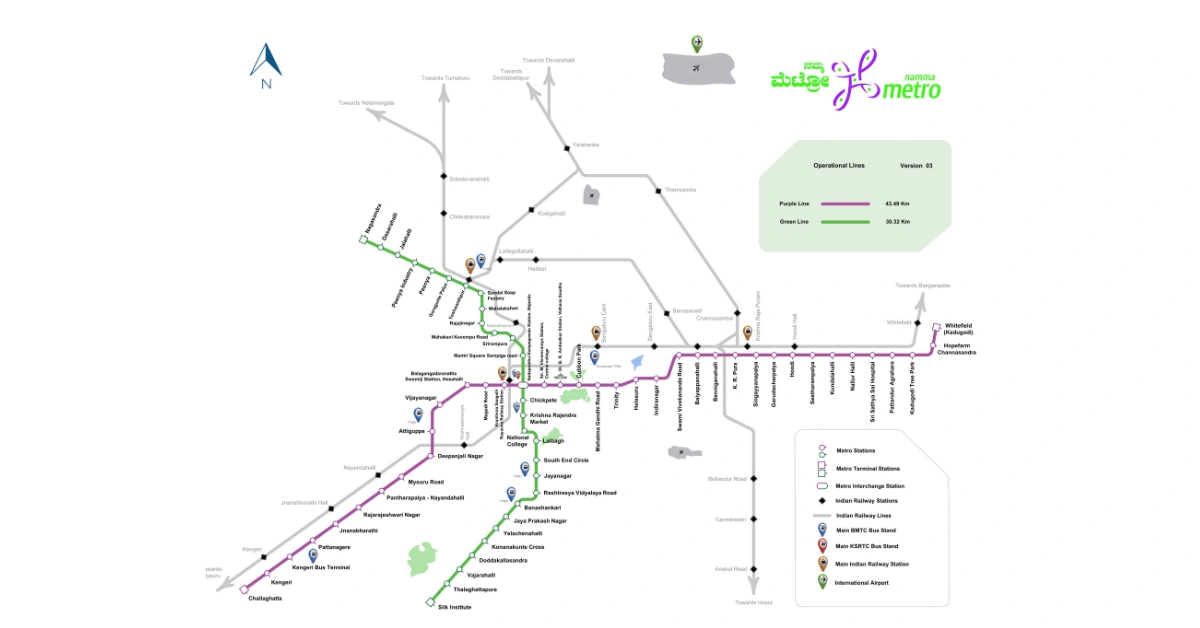
Bangalore Metro: Map Route, Timings, Lines, Stations List and Updated News 2025
May 4, 2025
480628+ views
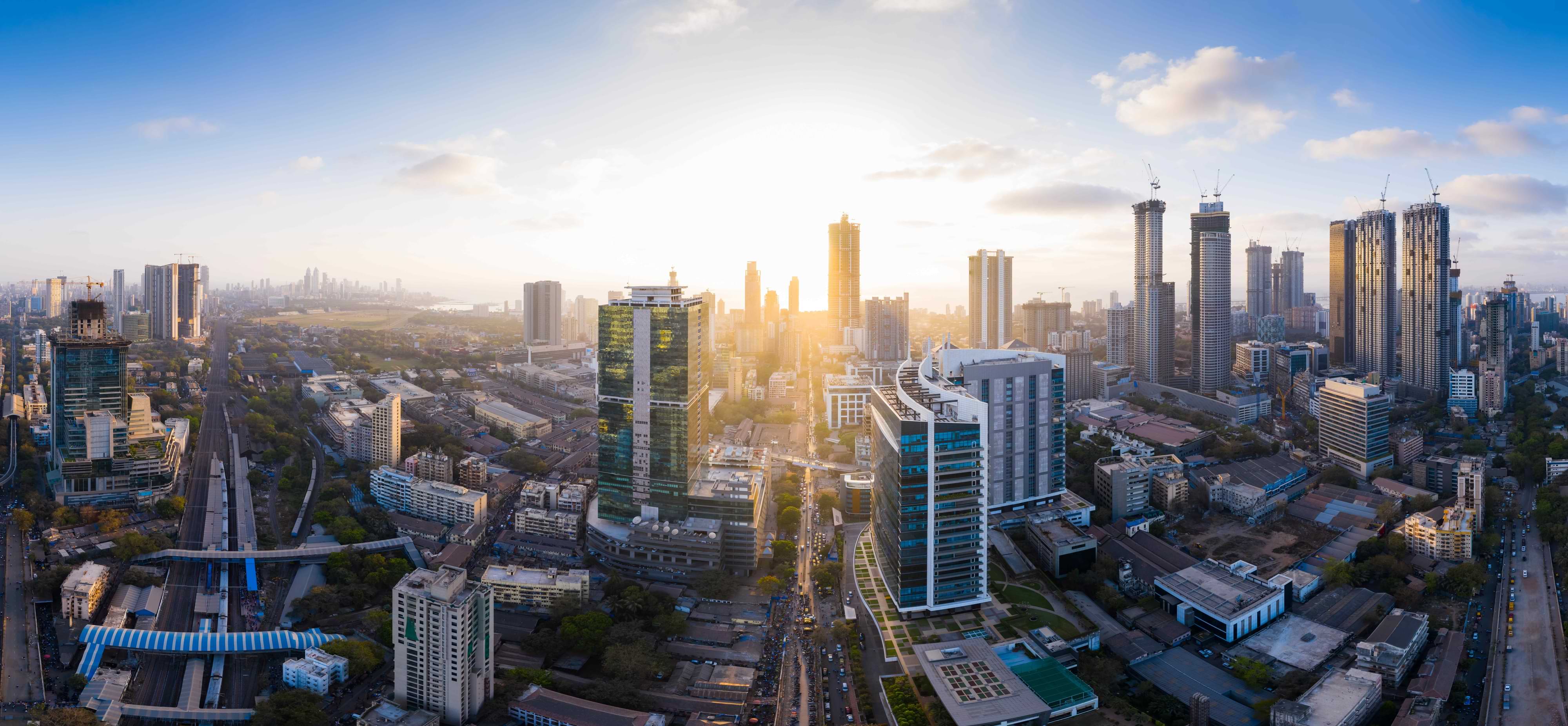
Top 12 Richest Cities in India: GDP and Ranking in 2025
March 13, 2025
347517+ views

Purple Line Metro Bangalore: Routes, Maps and Timings and Fares
May 1, 2025
266327+ views
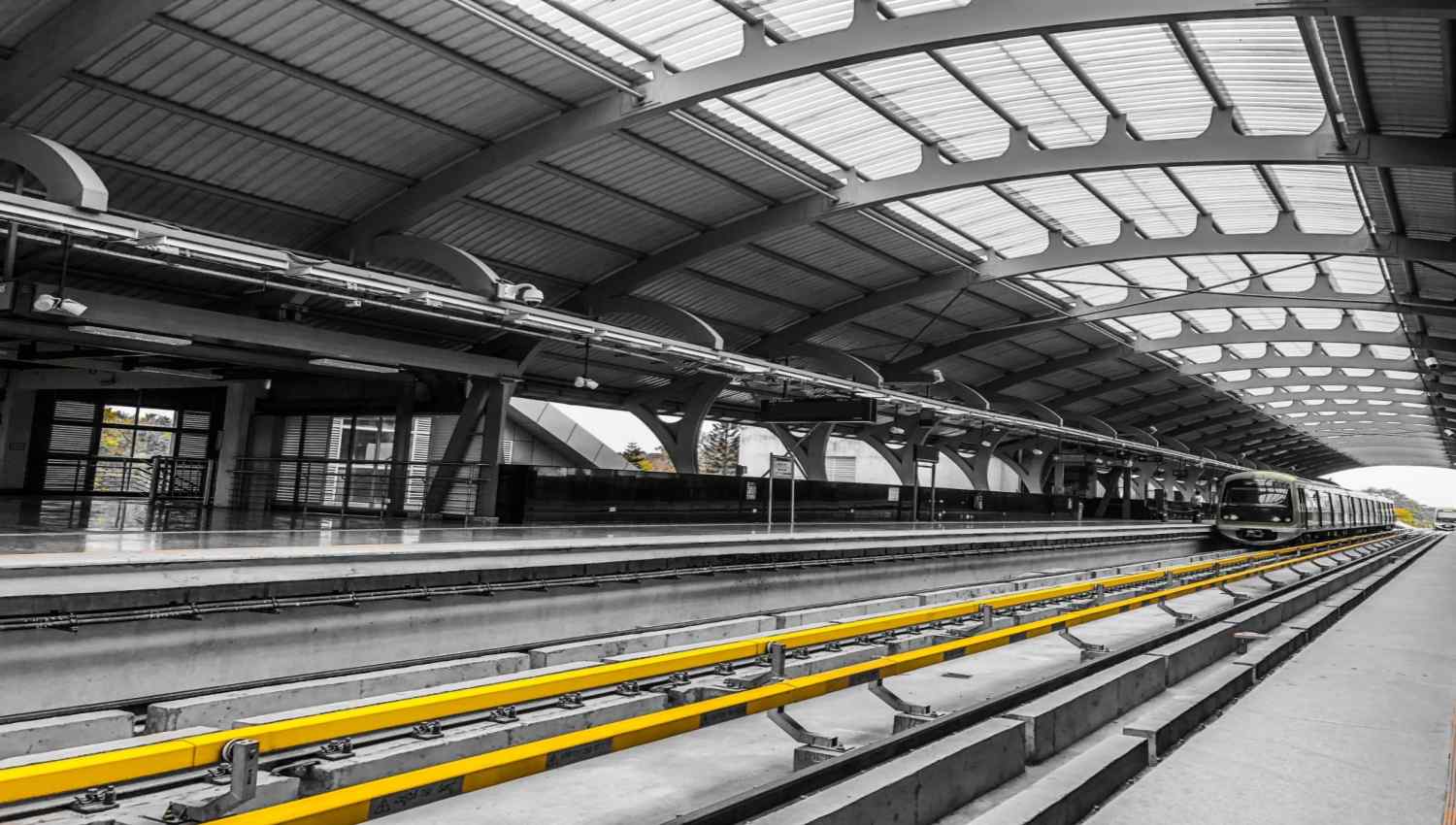
Yellow Line Metro Bangalore: Route, Map Timings, Stations and Fares in 2025
May 2, 2025
253459+ views
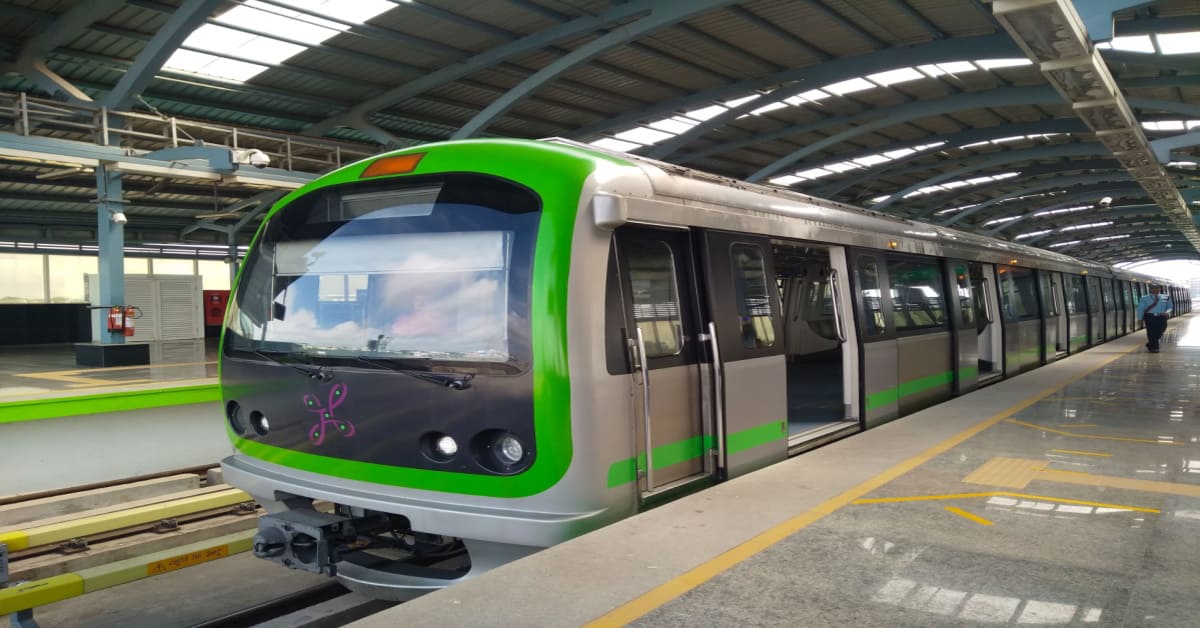
The Green Line Metro Bangalore: Routes, Maps, fares and Nearby Residential Areas
April 10, 2025
219813+ views
Recent blogs in
Top 15 IT Companies in Gurgaon: Leading Global Tech and Software Firms in 2026
January 22, 2026 by Nithin
Yerwada Metro Station Pune: Map, Station Lists, Fares and Nearby Localities to Live in 2026
January 20, 2026 by Krishnanunni H M
Seelampur Metro Station Delhi: Map, Stations, Fares and Nearby Localities to Live in 2026
January 19, 2026 by Kruthi








 Full RM + FRM support
Full RM + FRM support
Join the conversation!